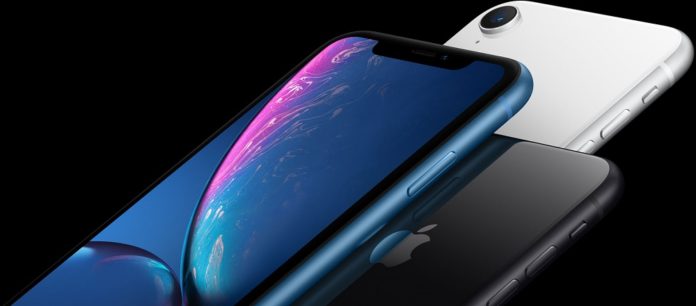Since the iPhone is one of the most expensive smartphone on the market, it is essential for its users to take care of it. By taking care of it, most people put a cover and a screen protector on it to remove any worry of getting their expensive device broken into pieces after letting it drop. Another percentage of those people take it further by downloading some shady “antivirus for iPhone” app from the App Store and believing that this type of apps work the same way a regular antivirus software work on a Windows PC or even Android devices. The reality is, if you use a mobile device that runs on iOS such as an iPhone, iPad or iPod touch, you do not need to worry about getting a virus on your device.
Theoretically, the iPhone (or iOS in general) can get a virus. Since the iPhone is a device running a software, by definition, no device is immune from getting a virus. But as a regular user, your chance of getting a virus on your iPhone is extremely slim to none. This is due to the way Apple designed the iOS mobile platform, as explained by cybersecurity and anti-virus giant Kaspersky Lab in a blog post. As advertised by Apple themselves, “Apple designed the iOS platform with security at its core.”
So why is it almost impossible to get a virus on an iPhone? The reason why you don’t see viruses on iPhone is mainly due to way Apple sandboxes each apps that runs on iOS, this is also what makes all those “antivirus for iPhone” apps very deceiving. By apps being sandboxed, this means that an app cannot have access, delete, or edit files from another app or make any changes to the operating system’s files. In case a file is infected with a malicious code, an antivirus will not be able to delete that infected file from another app due to the sandboxing infrastructure, which is what makes all of those iPhone antivirus apps very deceiving. Also, while being sandboxed, a virus-infected app will not be able to replicate malicious codes in other apps or the operating system itself.
On top of the sandboxing mechanism, Apple has made it real tough for malware/virus distributors to distribute malicious apps on iPhones in a major scale. Because of the way iOS was built, it’s very difficult to install an app that have not being verified by Apple. As explained by Apple in its iOS Security Guide, iOS does not runs any apps if it does not have a Apple-issued certificate. As an extension of this security mechanism, is not that easy to obtain this certificate from Apple. In order for a developer to obtain a certificate and have their app published on the App Store, each developer or business must register with Apple Developer Program. Their app is later hand-reviewed by Apple to ensure that the app does not contain any malicious code or content.
Now, outside of Apple’s walled garden, if you have a jailbroken iPhone, your chances of receiving a virus on your iPhone greatly increases. But this is not really a problem because those that jailbreak are usually more tech-oriented and avoid installing shady stuff from unknown sources. And even with an increased chance of getting a virus, stumbling on a virus is not that popular because a tiny percentage of iOS users jailbreak which makes it not cost-effective for a virus distributor to develop and distribute and virus to jailbroken users.
As to ease your worries about your device getting a malicious app, don’t worry about it. Don’t waste your time downloading those iPhone antivirus apps, they really don’t do much to protect you from virus. What they do is offer extra features such as WiFi protection, web page scanner, and private media vault; features that do not have anything to do with the core job of an antivirus.
If you’re experiencing an a problem with your iPhone, is extremely unlikely that is a virus. The best thing you can do which will likely resolve any problem you have is to factory reset your device manually using iTunes or through the device itself.
